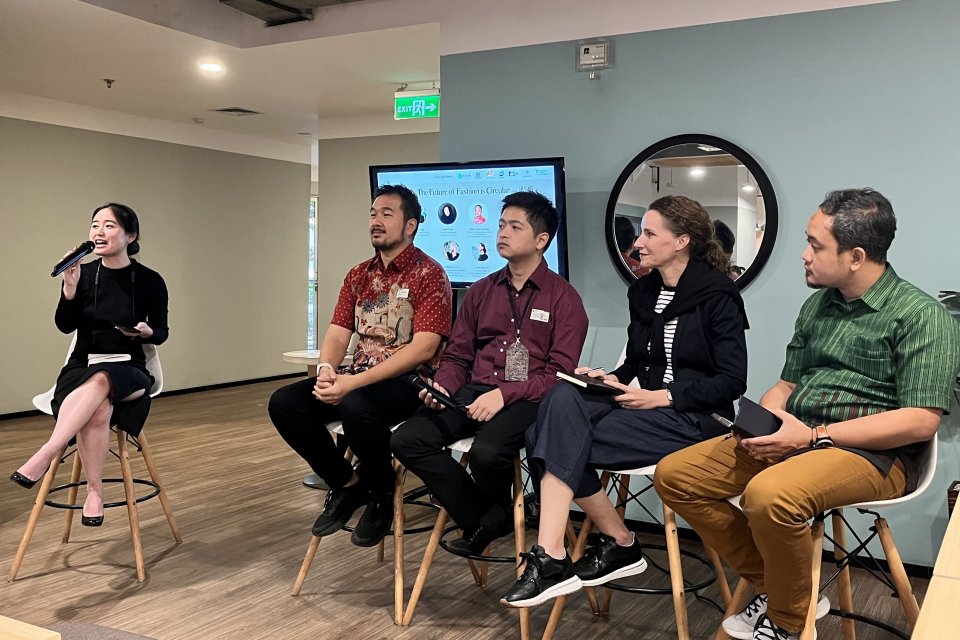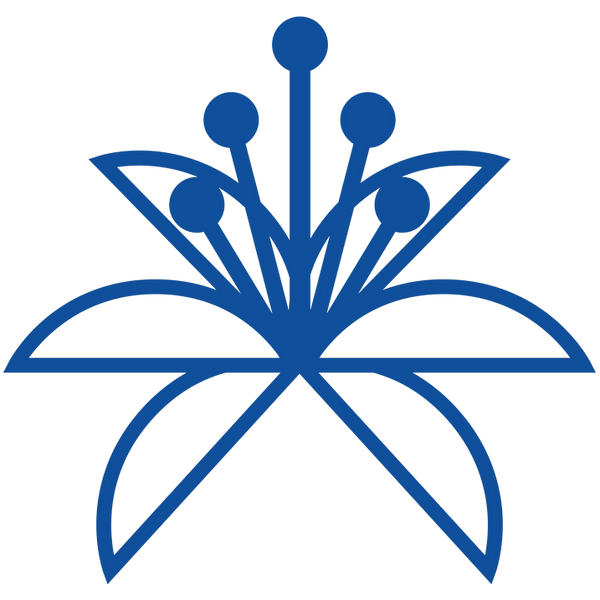A number of parties in the textile supply chain are encouraging circular economy awareness and sustainable business collaboration in the fashion sector. This effort was carried out through the 'Future of Fashion is Circular' event organized by Climate Tech Hub, Tuesday (25/7). All stakeholders in the textile supply chain come together to increase sustainable business collaboration and public awareness of the economic, social and environmental impacts of textile waste. The problem of textile waste in Indonesia is quite significant. The Zero Waste Indonesia Community found that 80 percent of the total waste stranded in Indonesian seas came from textiles. Not only that, 66 percent of adults in Indonesia throw away at least one piece of clothing and another 25 percent throw away more than ten pieces of clothing a year. Manager of Government Relations and Sustainability at PT Pan Brothers and Management of the Sustainable Textile Chain (RTL) Rizal Tanzil Rakhman said it was important to include sustainability values in the Indonesian textile industry chain. Through this discussion, stakeholders are pushing for a solution to the textile waste problem, namely a circular economy. The circular economy concept is to maximize the value of using a product and its components repeatedly so that no resources are wasted. The trick is to minimize emissions and wasted energy by closing the production-consumption cycle by extending product life, design innovation, maintenance, recycling, remanufacturing or reuse. "In order to create a cleaner and healthier Indonesia for the future and to become part of the world's nation to create a clean and sustainable world environment," said Rizal, in a panel session, Tuesday (25/7).
RTL is an association of companies, civil society, universities and other stakeholders related to the value chain of the textile and fashion industry in Indonesia. The parties who are members of RTL have the same values regarding sustainability issues
To make this happen, Rizal said that strong collaboration is needed to create a sustainable ecosystem in the Textile and Textile Products (TPT) sector from upstream to downstream. The other panelists also agreed that sustainable and circular practices must start from design, raw materials, production processes to handling waste once it is in the hands of consumers. Ever Shine Tex Director and RTL Member Michael Sung hopes that TPT players can encourage sustainable aspects not only in terms of recycling raw materials. "But also the process of using chemicals that do not contain hazardous materials, life cycle analysis in the form of production processes and fuels used to reduce emissions and waste," he said in a panel session, Tuesday (25/7).
Michael said that his company, which is also a member of RTL, has carried out a number of collaborative efforts. One of them is by taking part in joint workshops and training to create a circular economy partnership in the value chain and textile industry. Not only a panel session, this event also held a workshop organized by the start-up The Future Kind. The aim of this activity is to encourage participants to create a circular roadmap in the process of designing a textile. Apart from that, participants were presented with a good story in the form of innovation from a start-up company that handles textile waste, namely EcoTouch. This innovation is a container for collecting unsuitable clothing and managing the recycling of textile waste. EcoTouch has processed 2,750 tonnes of garment industry waste that has not yet reached consumers and 15 tonnes of waste once it is in the hands of consumers.
Author: Hanna Farah Vania
Editor: Rezza Aji Pratama

